The Road of Life under SOS Code
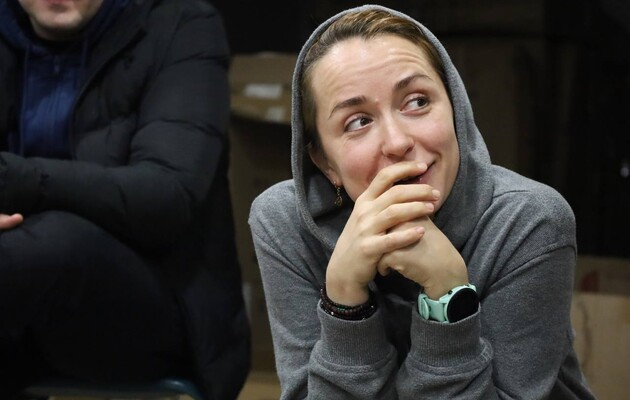
According to the press service of the Ministry for Reintegration of the Temporarily Occupied Territories of Ukraine, as of February 26, 2022, about 1,357,000 people were evacuated from Donetsk region and other regions. Among them there are 163,520 children and about 42,000 people with disabilities.
Behind each rescued person is a whole story and a lot of efforts exerted by other people, often risking their lives. Those who work in evacuation teams must be, in some measure, "cyborgs" without the right to mental despair because of other people's pain, which they witness every day, in order to be effective and save lives.
One of such "cyborgs" is Oksana Udovenko, who returned from her own "internal emigration" to save others as a paramedic.
Oksana is a general practitioner. She graduated from a Kyiv-based medical university and worked in various positions for more than 10 years. She brought babies from the brink of death in the pediatric intensive care unit of a maternity hospital, then treated patients as a family doctor.
Since Oksana, a young intern, started working, she came to understand that the theoretical basis provided by the medical university in Ukraine had nothing to do with practical treatment. After all, there are different life situations and case histories. So, to be effective, the doctor must develop certain intuitive skills and not follow a protocol detached from reality and the patient.
"In intensive care, you witness children's deaths... On the one hand, you are a doctor, a researcher, obliged to find the cause of illness and death. But on the other hand, you are a person who accumulates injustice, the wrongness of the whole chain of events that preceded a specific grief... All this made me look for answers: why is the world so unfair? I turned to spiritual practices. I immersed myself in Indian philosophical trends," says Oksana.
That was why she decided to bet on non-traditional medicine, which makes it possible to look at a person's illness from a different angle and to search for alternative ways of treating it. She began practicing and then teaching yoga, studied homeopathy, and completed a course in osteopathy. She developed her endurance in the mountains and took up breath-hold diving in deep water.
On February 2, 2022, Oksana gave herself a birthday present — she went on a long-planned vacation to India, planning to visit the country’s power spots, do yoga and work on her consciousness.
But then the full-scale invasion happened. The first bloody days for Ukraine, the first shellings, complete panic, despair and horror.
Oksana was safe, thousands of kilometers away from hell. But how to use this silence and grace when your relatives are being slaughtered? The woman recalls that her parents shouted into the phone, “Stay there!” and she was simply being torn up from the inside: “How to listen to the sacred mantras of monks when someone came to your house to kill you?"
When everyone was hastily leaving the country, Oksana returned home. Upon arrival in Kyiv, she started volunteering, but felt that this was not enough. She came up with a plan to join the Armed Forces of Ukraine as a military medic, with her parents begging her not to do it.
"If you are looking for your mission, you will definitely find it because the strange crossroads of fate are never accidental. In March 2023, I met a girl who worked as an administrator at a yoga studio where I used to teach. From the beginning of the invasion, she was the operator of the hotline of the East SOS Charitable Foundation. That's how I found out that the evacuation team needed a paramedic," the doctor recalls.
Oksana responded to the vacancy and was interviewed for the East SOS evacuation team, which evacuates civilians from frontline areas, provides medical and humanitarian aid, and works in the humanitarian corridor through Sumy region.
The first trip to the front-line city of Kramatorsk, Donetsk region ingrained itself in her memory.
“Here you experience the war differently than in big cities. It seems like a predatory beast with a weapon is breathing down the back of your head. And somewhere deep in the soul fear is born,” says Oksana. “Sheer fear and despair. You see the same in the eyes of people who, due to disability or old age, cannot leave on their own. It's hard to watch all this. You often see that old women have simply been abandoned by their own children. They did not insist on the evacuation of their parents when they themselves fled their homes because of the war.
But what is beyond comprehension is the situations where parents leave their children face to face with the war...
We took people out of Toretsk, which is virtually where the front line passes. A shelled city without water, heat, and light is a complete humanitarian disaster. I saw a pregnant woman with two small children. When asked why they hadn't left yet, this woman just showed me the middle finger"…
Currently, Oksana works as a paramedic in Sumy region. The only working humanitarian corridor from Russia to Ukraine operates here – the way to get from the temporarily occupied territories of Donetsk, Luhansk, Zaporizhzhia, Kherson regions and Crimea to the government-controlled territory of Ukraine.
“What I witness every day is a complete humiliation of human dignity. Artificial multi-day queues line up here. They have their own corruption. Places from the head of the queue are sold by local dealers. Russian transporters demand huge sums of money for a bus ride to the crossing point,” says the paramedic.
For people, however, this is the shortest way from occupation through Russia to Ukraine. And that's why it is chosen by families with children, the elderly, persons with reduced mobility, pet owners — everyone who finds it difficult and expensive to set out on a long and expensive journey through Europe.
Between the Russian point of Kolotilovka (Belgorod region) and the Ukrainian Pokrovka (Sumy region) there is a two-kilometer gravel road. Previously, the Russians let Ukrainians out in cars, but then they banned driving, and bnow the crossing is exclusively on foot.
“Imagine the path that an exhausted person who has already traveled about 1,200 kilometers has to go through. Hungry, freezing, or, on the contrary, dehydrated. On foot. What’s more, people even carry half of their lives in suitcases,” Oksana says.
The road is littered with broken suitcases, broken cat carriers, baby strollers, someone's shoes, things, toys. There are also specially placed obstacles — lines of barbed wire and Russian anti-tank barriers. To overcome such a path, especially in wheelchairs, is a herculean effort...
It is also worth adding the horrors of filtration experienced by everyone leaving the occupied territories. The Russians check phones and laptops, ask a bunch of provocative questions, the main of which is how a person feels about "SVO" (so-called special military operation). That is how Ukrainians are forced to call the war in order to pass the filtration and finally end up on the government-controlled territory of Ukraine. Sometimes a person is not allowed in, turned back, or simply taken to an unknown destination or for interrogation, which can last up to ten days...
“Actually, after these trials, people are met by our team. Often I have to almost spoon-feed them because the people are completely exhausted. Next comes medical care: we measure blood pressure, temperature, treat wounds, treat dehydration and inflammation. The person must either be stabilized, psychologically too, so that they continue their journey home or get transferred to the hospital,” says Oksana, adding: “Last week, a family from Kherson reached us. A husband and a wife with six children. The woman is pregnant with the seventh. Luckily, everyone was allowed in.”
One man amused and surprised me. He had been on a tough road, dragging four large bags. When asked what was in the bags, he said, “Goodies for my grandkids – one boar and a half...”
46 cats were also lucky. The owners of a kennel took the animals out of Mariupol, but the Russians did not release 60 purebred shepherd dogs – they said that the dogs would serve their border guards...
"The classic behavior of invaders,” says Oksana, commenting on the story.
A 22-year-old boy from Kherson was moved to tears. Having reached the Ukrainian Pokrovka via “the road of life,” he took out a trumpet and played the national anthem of Ukraine so loud that it could be heard even in Russia.
Already now, Oksana sees and realizes how traumatized the nation will be after the victory. Servicemen with severe injuries, civilians with exacerbated chronic diseases and one big PTSD. Therefore, after the victory, Oksana plans to devote herself to the rehabilitation of those most heavily affected in order to give a chance for a happy life to people who were crippled by the war.
Please select it with the mouse and press Ctrl+Enter or Submit a bug











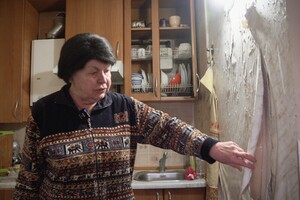
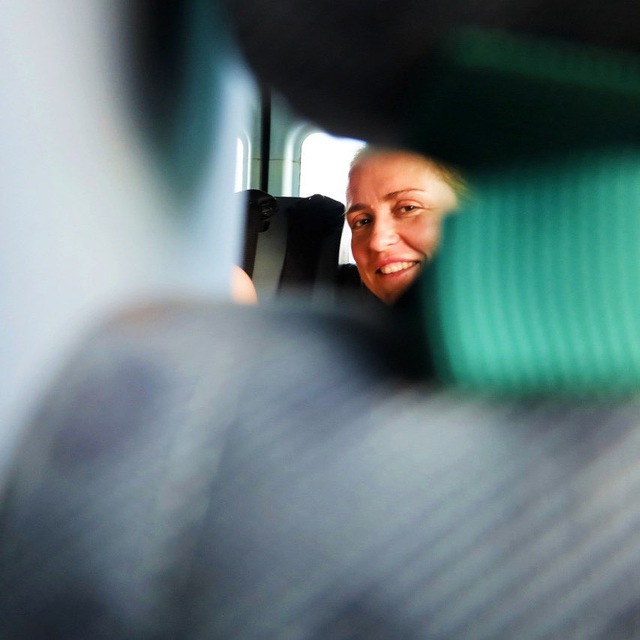
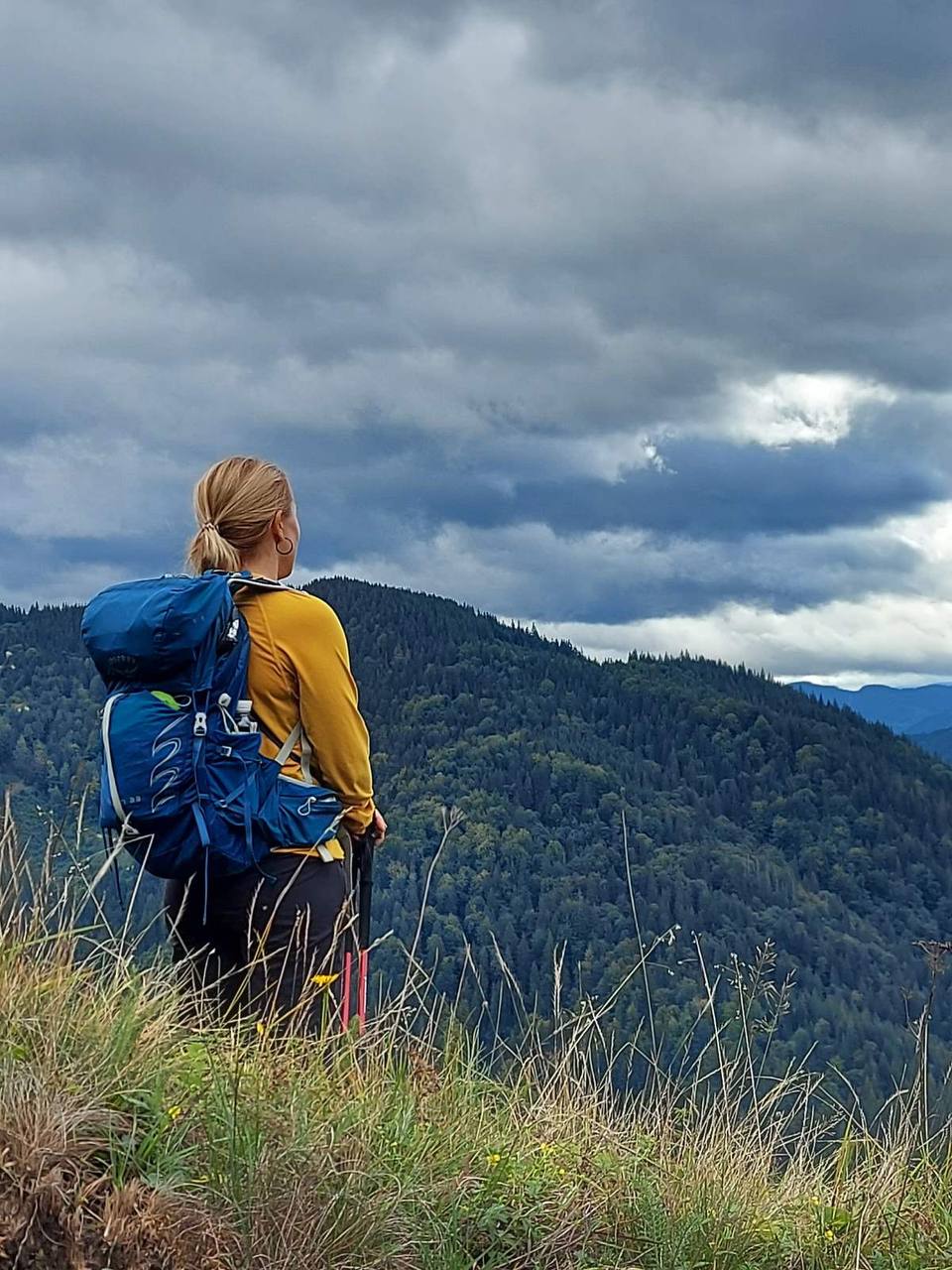
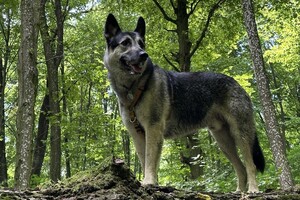
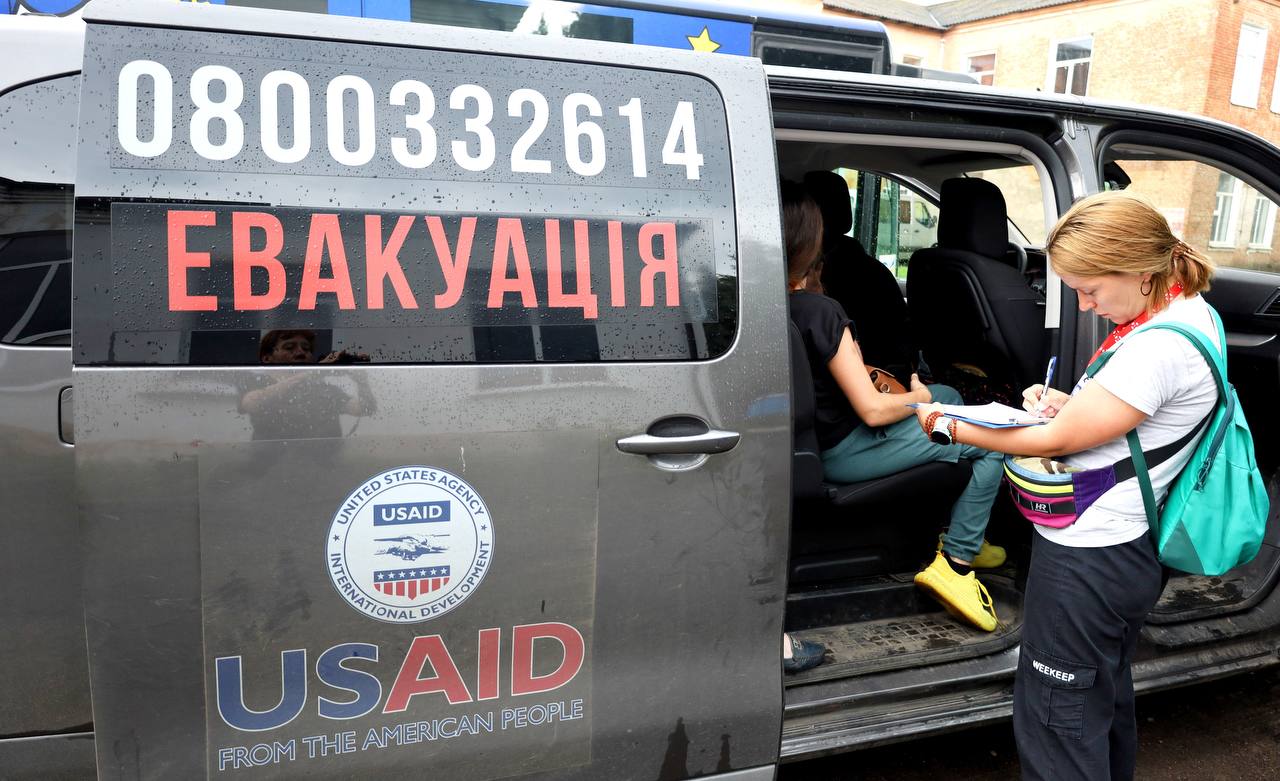
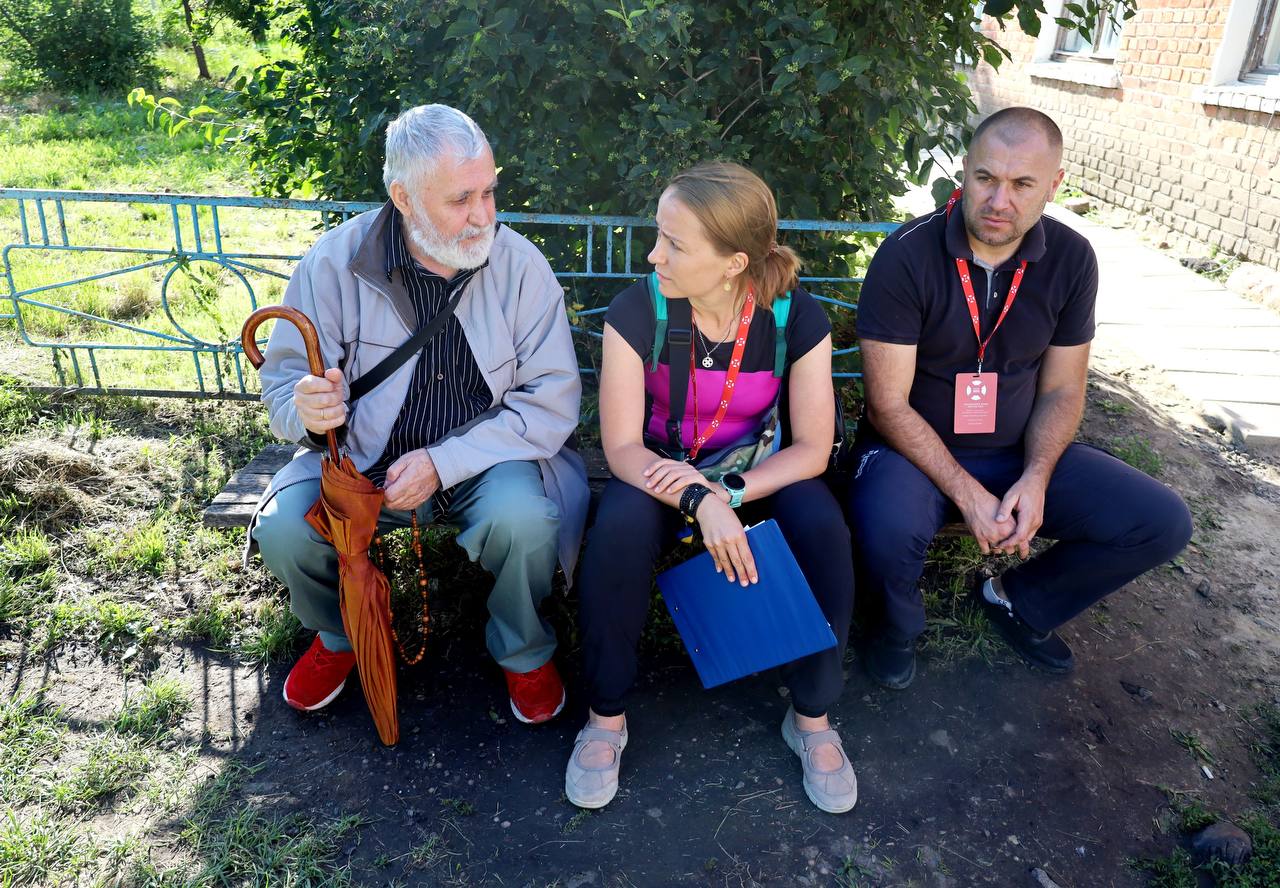
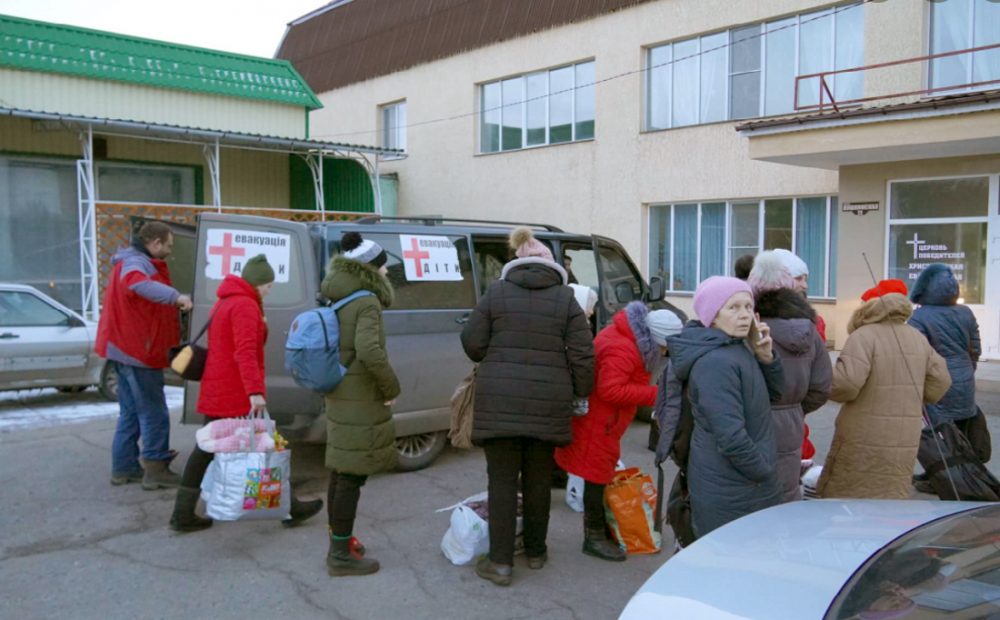
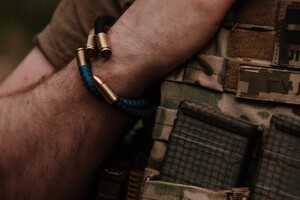
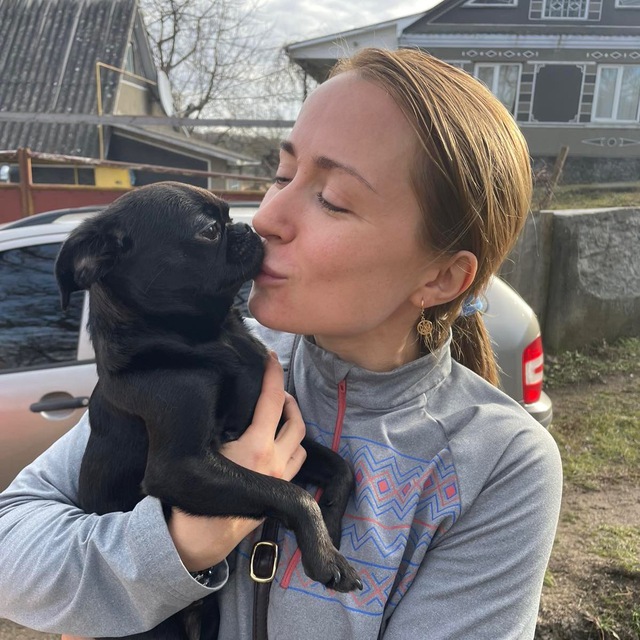
 Login with Google
Login with Google